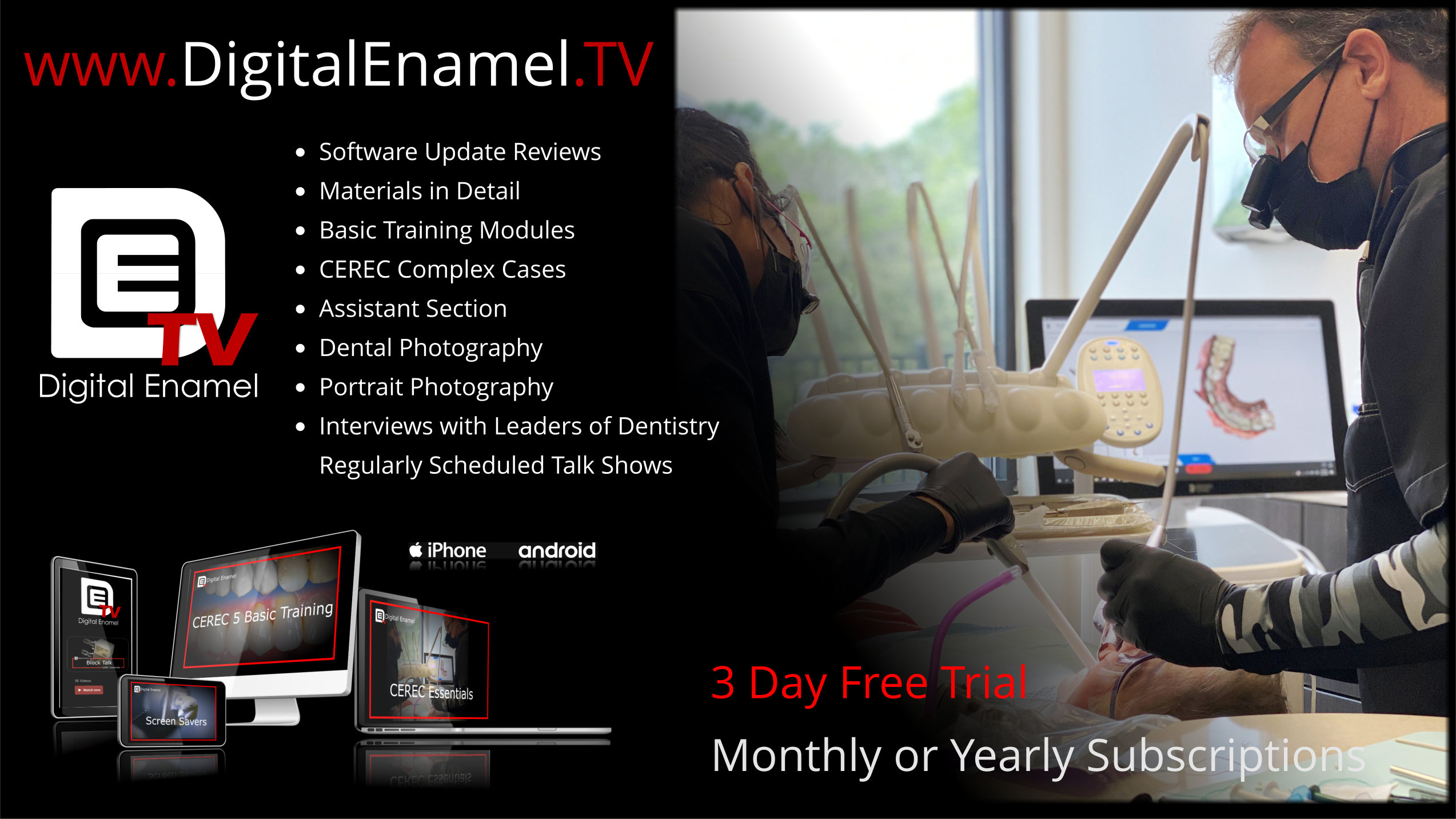
Dear Dr. Bill,
I can relate to most of your articles. As a 23 old second year dental student in my 1st semester, I am working on clinic patients. Dentistry was never my first career choice but my parents asked me to pursue this field. While I have no issues with my dental academic studies, I’m not the smartest student in the class but I do study a lot. When I begin to work on patients, I question if this is what I really want to do with my life. According to my physician, I have had anticipatory anxiety and burnout, plus periods where I don’t want to study anymore and become emotional and cry suddenly. After my first year, I still question whether I want to work as a dentist. I have progressed a little but I am slow. Some days I just don’ t want to work and stay at home. One important thing is I don’t feel clinically competent with my hands. I know that I don’t have the confidence to work alone without other colleagues around me because I don’t know what I should do. I didn’t have any debt entering dental school. Finally, not sure if this is needed but I am an INFP.
Thank You.
Best,
Teresa

Dear Teresa,
I am very proud of you for addressing current concerns you have surrounding your career choice, competency, and anxiety levels. Your concerns about what you are experiencing is not uncommon at this stage of your training. Sometimes people go to dental school because it’s generational, it’s expected of them because they are smart and can get admitted, or the lifestyle or financial opportunities are too attracting. I would revisit your “real” decision for going to dental school by listing the positives and negatives and then come up with an action plan to address the negatives in constructive ways to navigate through them.
As you mentioned previously, you’ve had diagnoses of anticipatory anxiety and burnout in the past. Remember that burnout is:
- A response to the chronic, excessive, and prolonged emotional stress of dealing extensively with other human beings resulting in doubts about one’s work competence and value.
- Constantly having to “perform” chair side by addressing patient or staff questions that are often draining and exhausting. This may lead to developing “compassion fatigue” where you just don’t have any energy or anything else to give to the relationship
- Being mentally, physically, emotional, and spiritually exhausted to the point that burnout insidiously becomes part of your daily existence.
- A process as much as it is a condition.
- Not necessarily age-related and younger dentists are experiencing burnout at an alarming rate.
- Easier to prevent than to treat.
Burnout and poor physical health are strongly related, so “listen” to your body and what you are experiencing or feeling. Descent into burnout is quick and the recovery time is very slow (maybe 2-4 years) if not enough time and therapy have occurred. Over-stressed dentists may appear weak to society and turn to alcohol and drugs as an attempt to escape from stress, depression, or burnout.
As indicated above, dissatisfaction with your dental career choice while exhibiting low professional self-esteem are two major indicators in burnout.
A recent survey of dentists by a well-known dental group revealed:
- 50%- Hate dentistry
- 30%- Do dentistry for the lifestyle and prestige
- 20%- Actually love dentistry
Several thoughts and concerns need to be addressed. I would encourage you, if you haven’t already, to contact your Assistant Dean for Student Affairs (or equivalent) at your dental school about the anxiety you encounter when working on patients and the doubts you have about your clinical competence. He/she should be trained in handling situations like yours and can make appropriate referrals for counseling and/or treatment. Honesty on your part is essential for getting the help you may need. Several anxiety disorders exist, one being General Anxiety Disorder (GAD), that can be effectively treated with psychotherapy, e.g., Cognitive Behavioral Therapy-(CBT), counseling and/or certain short and long term non-addictive medications. Addressing anxiety and potentially depression is paramount for all dentists to have a healthy and productive life.
Confidence and competence issues in ourselves are something all dentists have or will experienced at one time or another. Usually this improves with acknowledging the problem, seeking help from peers and other professionals, and engaging in the latest technologies and techniques.
Entering dental school with no debt is great and certainly gives you better financial options when planning your future. As far as developing clinical competence, doing a general practice residency, being an associate or working in a group practice situation may be an excellent choice for you to develop your skills and confidence.
You are not alone and that doesn’t mean you’ve necessarily made the wrong career choice. Engage and get involved in your solution! Good luck as you go forward and keep us posted as to your progress.
Best,
Dr. Bill
(The comments and suggestions from Dr. Bill are not to be construed as professional medical advice or treatment but are to be used as Dr. Bill’s thoughts and opinions. Your comments are encouraged and valued.)

